Net Hero Podcast – With Sumit Bose
Each week our founder Sumit Bose speaks to a net zero hero, someone or some organisation doing something to make our planet better. Listen in and subscribe to the podcast and even better, take part – tell the world what you are doing to make that difference, big or small, we will give you a voice. For any enquiries, please contact: nethero@futurenetzero.com
Episodes
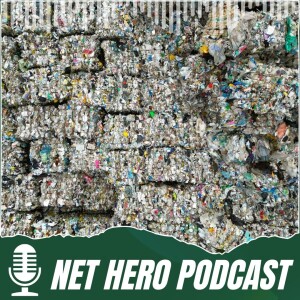
Wednesday Jan 29, 2025
Wednesday Jan 29, 2025
This week, how an old technology like Radar is helping a Norwegian tech start up clean up the waste sector
To read full article, Click Here.
For any enquiries, please contact: nethero@futurenetzero.com
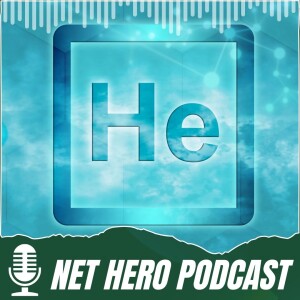
Wednesday Jan 22, 2025
Wednesday Jan 22, 2025
In this podcast I explore Helium and if we can use this gas to speed up net zero pathways
To read full article, Click Here.
For any enquiries, please contact: nethero@futurenetzero.com
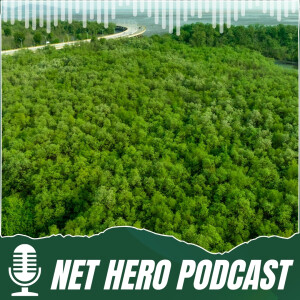
Wednesday Jan 15, 2025
Wednesday Jan 15, 2025
This episode I explore the controversial issue of putting a price on Carbon
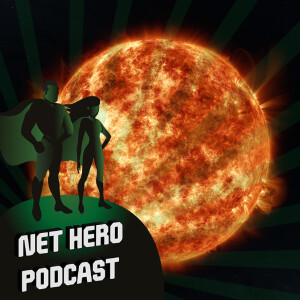
Wednesday Jan 08, 2025
Wednesday Jan 08, 2025
Could solar advances help cut space exploration emissions?
To read full article, Click Here.
For any enquiries, please contact: nethero@futurenetzero.com

Thursday Dec 19, 2024
Thursday Dec 19, 2024
In the final episode of 2024 I take a look back the tales we have told...
THANK YOU.
That’s all I really need to say, thanks to all the guests on the podcast this past year, to my team who make this show possible and to you the readers, viewers and listeners.
To read full article, Click Here.
For any enquiries, please contact: nethero@futurenetzero.com
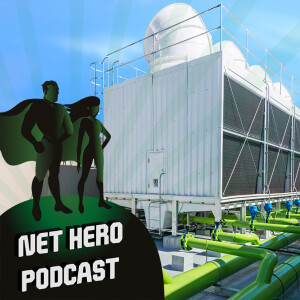
Wednesday Dec 11, 2024
Wednesday Dec 11, 2024
Carbon Capture Utilisation and Storage or CCUS is a divider of opinion. Personally I think it's going to play a big role in the net zero future, as does the new government, however many say its too expensive, too unreliable and a licence to pollute.
In this week's Net Hero Podcast, I explore if this tech can have uses on a much smaller scale with John Hartley who is the boss of Levidian. Its a company making small scale CCUS a reality.
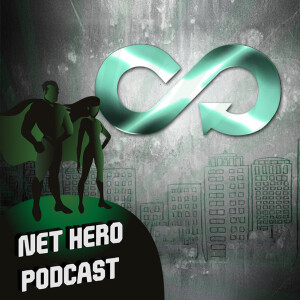
Wednesday Dec 04, 2024
Wednesday Dec 04, 2024
In this week's podcast I look into how cleaner steel is vital for all our energy scenarios
To read full article, Click Here.
For any enquiries, please contact: nethero@futurenetzero.com
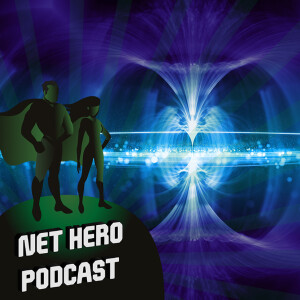
Wednesday Nov 27, 2024
Wednesday Nov 27, 2024
I explore the potential of fusion to drastically alter our lives and no, it's not science fiction!
To read full article, Click Here.
For any enquiries, please contact: nethero@futurenetzero.com
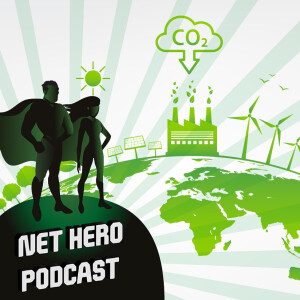
Wednesday Nov 20, 2024
Wednesday Nov 20, 2024
In this week's episode I explore if the world is suddenly taking a backward step on its net zero pledges and what's to blame
To read full article, Click Here.
For any enquiries, please contact: nethero@futurenetzero.com
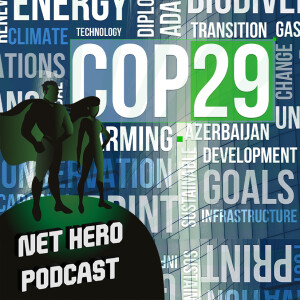
Wednesday Nov 13, 2024
Wednesday Nov 13, 2024
In this week's Net Hero Podcast I explore the challenges affecting COP29
For any enquiries, please contact: nethero@futurenetzero.com




